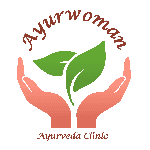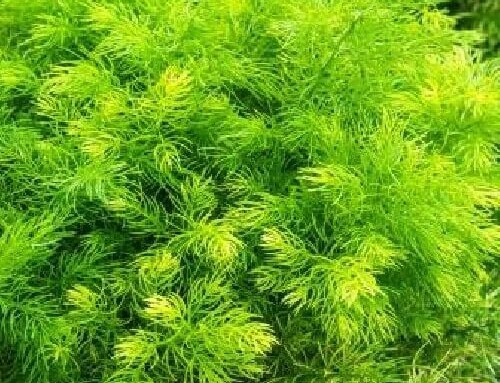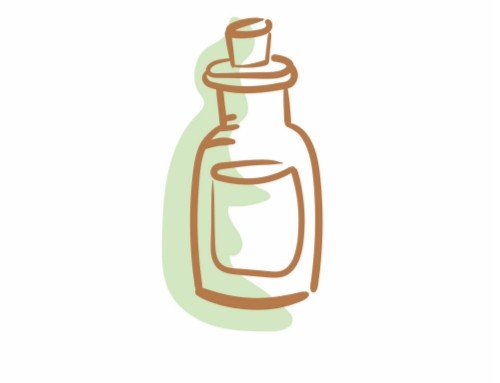Ashokarishtam
Ashokarishtam is an excellent feminine tonic. It has multiple benefits for a range of female wellbeing issues.
Women are unique, and they have special needs to keep their body fit. Ayurveda has a variety of Arishta preparations used in treating gynecological conditions, but nothing beats Ashokarishta. Let us look at the comprehensive benefits it offers as a complete health kit, esp. for female reproductive system.
The main ingredient of Ashokarishta is from Ashoka tree. Ashokarishta is the fermentation product of bark of Ashoka tree (Saraca Asoka). Apart from Ashoka bark, there are approximately fourteen other herbs like Dhataki(Fire Flame Bush), Musta(nut grass), Shunti(dried ginger powder), Daruharidra (Indian beriberi), Utpala (Lotus), Haritaki(Terminalia), etc.
Uses of Ashokarishtam
Ashokarishtam is a gynecological Arishtam – an Arishtam preparation which can be used in most gynaecological conditions. Ayurvedic practitioners recommend this for a variety of feminine conditions such as painful menstruation, heavy periods and many others. Ashokarishtam also has some holistic benefits as you can see below.
Hormonal Regulation with Ashokarishtam
Ashokarishta is an excellent hormone regulator. Because of this quality, Ashokarishtam has positive effects on the female reproductive system in each phase of the life. Hormones are the regulators of the entire metabolism. They orchestrate the whole menstrual cycle. Imbalances in hormones cause all kinds of menstrual problems in each phase of life.
Ashokarishtam during puberty
During the menarche or the start of the menstrual cycle in young girls, it takes some time for the body to accommodate the drastic hormonal and metabolic changes that happen in their body. Ashokarishtam helps the body to adjust to the overall metabolic changes that occur in the body during puberty. It regularizes the periods in a short time, which might take a few years initially to achieve a balanced bio-rhythm.
Ashokarishta and regular menstrual Cycle
One distinct physiological state unique to women is the menstruation. Ashokarishtam has significant effects on the hormonal system of the body, which governs the entire menstrual cycle. It helps to regularize the timing of the periods. It also helps to relieve the spasmodic pain during the periods. It helps to control metrorrhagia, which is irregular bleeding in between the periods.
Ashokarishtam after childbirth
Ashokarishta is a highly regarded medicine in the Ayurvedic postnatal care treatment regime. Ashokarishta cleanses the uterus helps it to retract to its original shape post childbirth. If used regularly, it may even assist in the prevention of conditions like bulky uterus or uterine prolapse.
Ahokarishtam at menopause
Many women face massive problems during their menopausal phase. They might develop uterine fibroids, face heavy and irregular bleeding and many such menstrual complications. Regular use of Ashokarishtam may help in the early prevention of most of these problems. It helps to ensure a smooth transition into the post menstruation phase.
Ashokarishtam a versatile uterine tonic
Ashokarishta is a uterine tonic. A healthy uterus is a key to a healthy and comfortable pregnancy. Ashokarishta is believed to ease cramps or spasm in uterine muscles and help them to relax.
Other well-known benefits of Ashokarishtam
Ashokaristam has many other benefits than the hormonal regularization. According to Ayurveda, it is beneficial as a digestive agent. It is also an anti-pyretic and helpful in managing bleeding disorders reducing inflammation. It is also useful for the prevention of lack of taste and indigestion.
Contraindications
There is a general belief that Ayurvedic products being herbal and natural are safe is a very incorrect and dangerous statement. Avoid Ashokarishtam during pregnancy and lactation. Use it only under medical supervision. Ashokarishtam is not for prolonged use. Do not use for durations longer than prescribed by the physician. Improper use of Ashokarihtam may cause delayed or prolonged periods.
Ayurveda should not be treated as a DIY science. If you need help, contact your Ayurvedic practitioner for support and dosage recommendation.







